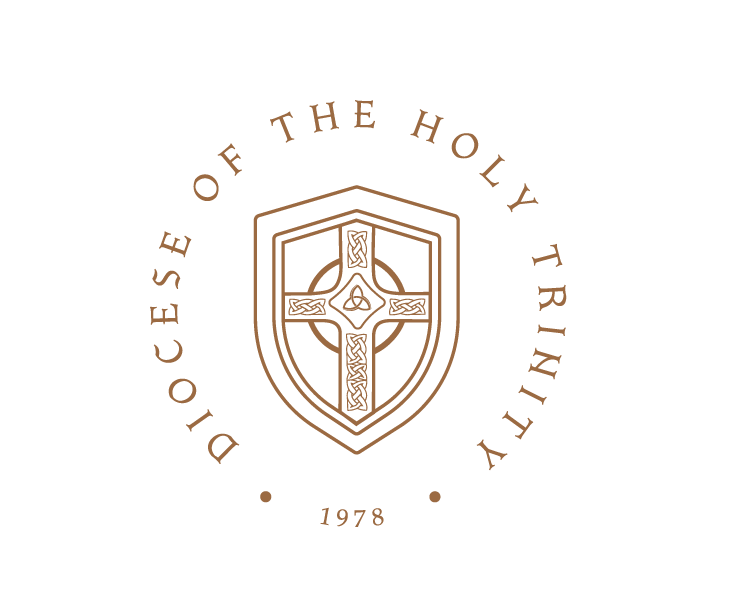A Note on Vicariousness
The life of Christ was vicarious. Jesus lived, prayed, worked, died, rose and ascended for the salvation of the world. We are the Body of Christ. It follows that the prayer and labor of the church are also vicarious. They work for the redemption of the world. Many people practice the Christian faith for more selfish motives. The attempt to help people consists of isolated acts of charity. We go to church, pray or read the Bible mainly to feel better about ourselves or to get something we think we need as religious consumers; then, of course, we pray for others try to do things for others when opportunity arises.Thornton’s point about vicariousness challenges this pattern and raises our life of prayer to a more noble and sacrificial place. Living an ordered life of prayer is our part in the work of the church that benefits the world. To be sure, “I” am benefited by prayer and grace, but others are also benefited by my commitment to live by Rule.There are few practical reasons this is so. First, we will be ineffective in our attempts to attract others to faith unless we are progressing in the faith ourselves. Holiness is the best witness to the gospel; unless there is some evident change in our lives in that direction, there will be little real interest in what we believe. A commitment to Rule is about allowing Christ to be revealed through us every bit as much as it about personal growth. Second, we talk about praying for others. Our intercessions for the needs around us are more effective when they are part of an ordered pattern of prayer that is connected to the prayer life of the whole church. When we say to someone, “I will pray for you,” what do we mean? If our life of prayer is haphazard, we may mean that once or twice, while driving along in the car, we will say, “God help Jane.” But if we live by Rule, praying for others will mean that we bring that intercession with us to the Altar and join it with the prayers of the saints that are offered to God (cf. Revelation 5:8); that we remember that person occasionally in our intercessions in the Daily Office AND also that we remember her in our personal prayers. Rule makes our intercession more efficient.Third, what we do to help others will only be effective if our work is the result of our habits of prayer. The Christian life begins in prayer and produces the fruit of new behavior. If we neglect that order; if we start the Christian life by doing rather than praying, the result will be mere “busy-ness” and much wasted effort. We can’t even begin to behave in a manner that truly helps others, that is motivated by love, unless we are living in union with the Father through the Son in the Spirit—for the Trinity is the source of love. What we do is the fruit of who we are.The church is vicarious, and our vicarious participation in the work of the church for the redemption of the world is most efficient and effective when we commit ourselves to live by the Rule of the church.

